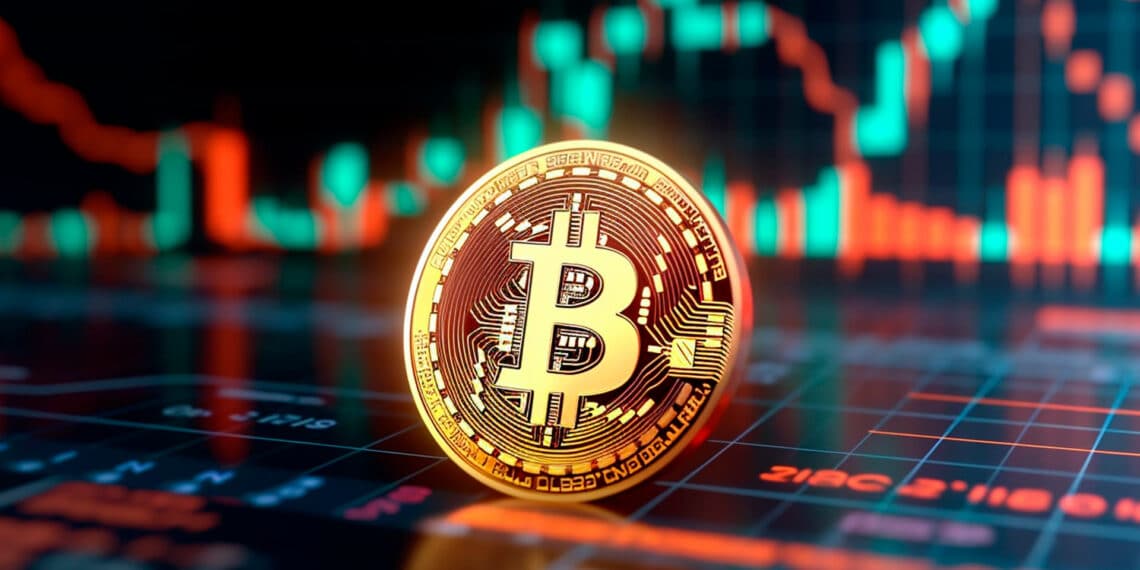Bitcoin has unexpectedly given the Gaza Strip, a territory beset with continuous conflict, economic isolation, and limited financial systems a lifeline. For Gazans, who suffer great restrictions in access to the global market, the distributed character of this coin is transforming everything. Gaza cryptocurrency exchange platforms provide residents with alternative financial opportunities despite local economic and banking restrictions. The main factors below explain why Bitcoin has evolved into a necessary financial instrument for Gaza.
- Overcoming Financial Separation
Blockades, sanctions, and political unrest all greatly limit Gaza’s economy. Due in great part to their inaccessibility, traditional banking systems make it almost impossible for locals to make worldwide financial transactions. These restrictions prevent many foreign banks and payment systems from functioning in Gaza, so they are either incapable or reluctant. Being distributed and borderless, Bitcoin provides a solution by letting citizens go beyond these limitations. It lets Gazans send and get money from anywhere in the globe without asking permission from conventional banks.
- Availability of Foreign Markets
Financial isolation makes it quite difficult for Gaza’s enterprises and entrepreneurs to reach outside markets. Bitcoin gives these companies a means of interacting with the world economy. Many local businesses have started accepting Bitcoin payments from overseas, therefore broadening their clientele outside of their own country. Small company owners, freelancers, people selling digital goods and services, and others depend on this access especially. The potential of Bitcoin to enable cross-border transactions gives it a great chance for expansion in a normally limited economy.
- Dependable Remittance Choice
For many Gazans, family members living overseas provide a vital source of income through remittances. But because of Gaza’s economic restrictions, conventional means of getting these monies—such as bank transfers or remittance services—often prove unreliable or expensive. Sending remittances could benefit from Bitcoin’s more reasonably priced and quick availability. It lets Gazans get money fast and free from the usual hefty fees connected with foreign transfers. Many households are able to satisfy their daily demands and raise their quality of living by means of this higher efficiency.
Finally, Bitcoin has become a necessary financial tool for Gaza’s economy since it offers answers to the extreme economic problems the area faces. It provides locals with a means to get beyond financial isolation, access foreign markets, get remittances more conveniently, safeguard their wealth, and acquire financial independence. The rise of Gaza cryptocurrency exchange demonstrates the region’s growing interest in decentralized digital financial solutions.


